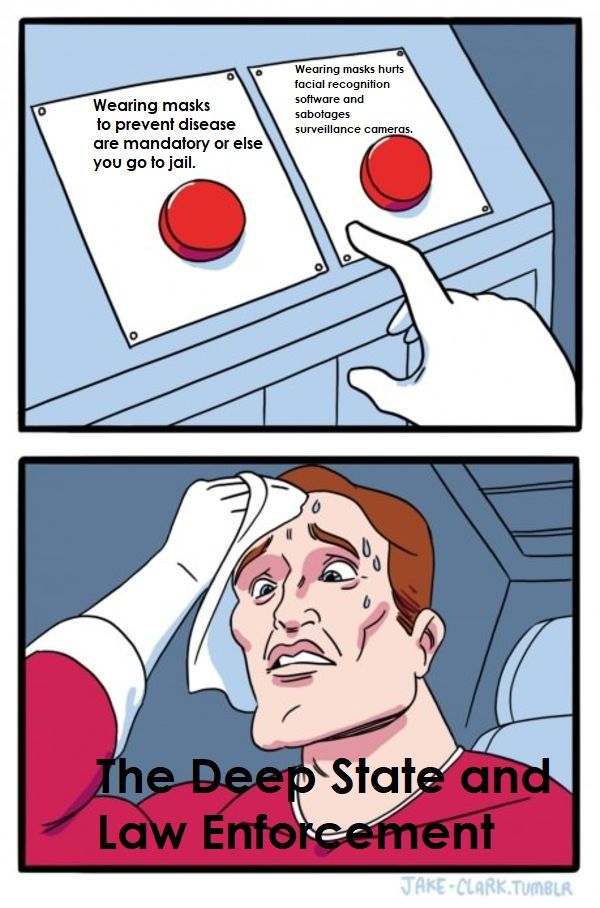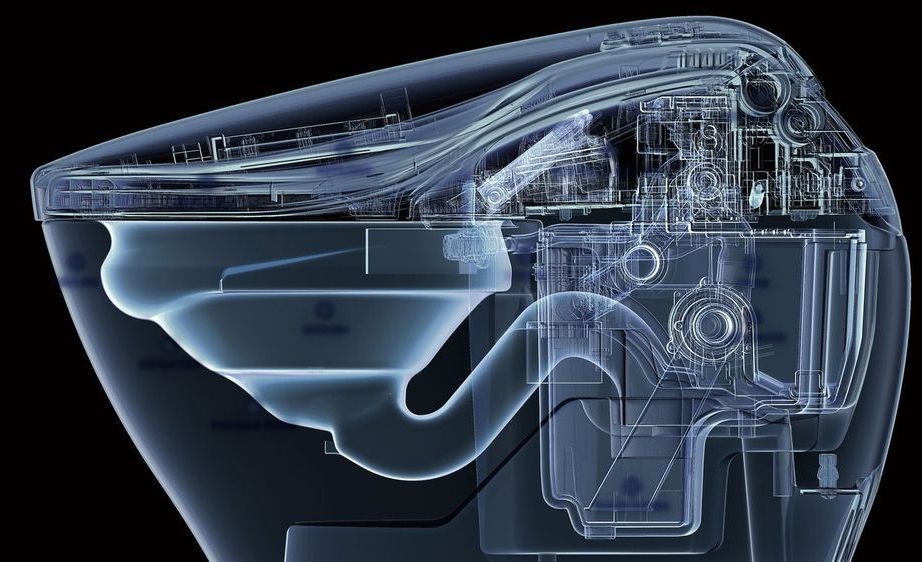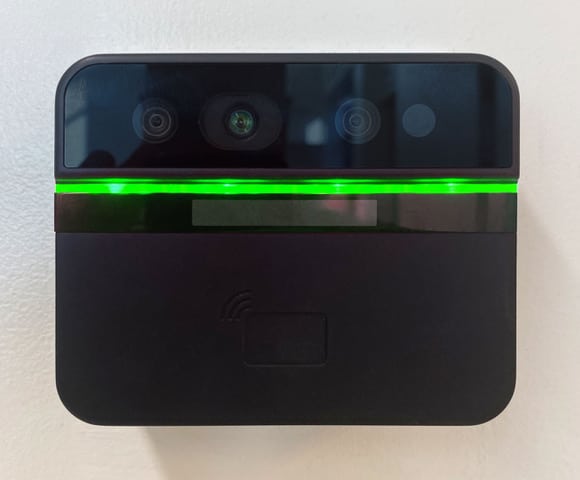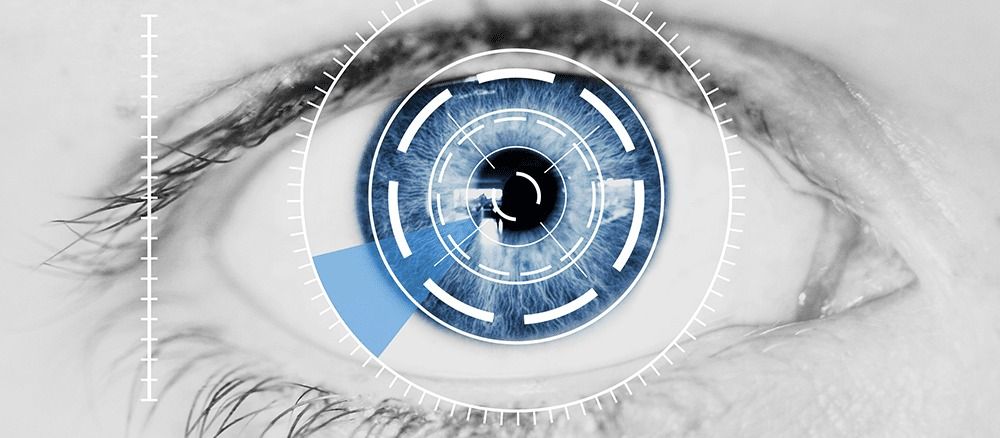Circa 2017
Abilify MyCite raises new privacy concerns.
Circa 2017
Abilify MyCite raises new privacy concerns.
On the eve of his memoir ‘Permanent Record’ being published, NSA whistleblower Edward Snowden talked at length from Moscow with MSNBC’s Brian Williams in an exclusive interview. This is their discussion in its entirety, edited down slightly for clarity.
Aired on 9/17/2019.
» Subscribe to MSNBC: http://on.msnbc.com/SubscribeTomsnbc
MSNBC delivers breaking news, in-depth analysis of politics headlines, as well as commentary and informed perspectives. Find video clips and segments from The Rachel Maddow Show, Morning Joe, Meet the Press Daily, The Beat with Ari Melber, Deadline: White House with Nicolle Wallace, Hardball, All In, Last Word, 11th Hour, and more.
Connect with MSNBC Online
Visit msnbc.com: http://on.msnbc.com/Readmsnbc
Find MSNBC on Facebook: http://on.msnbc.com/Likemsnbc
Follow MSNBC on Twitter: http://on.msnbc.com/Followmsnbc
Follow MSNBC on Instagram: http://on.msnbc.com/Instamsnbc
Shane chats with former NSA spy and whistleblower Edward Snowden on the rise of authoritarianism during the COVID-19 pandemic.
About VICE:
The Definitive Guide To Enlightening Information. From every corner of the planet, our immersive, caustic, ground-breaking and often bizarre stories have changed the way people think about culture, crime, art, parties, fashion, protest, the internet and other subjects that don’t even have names yet. Browse the growing library and discover corners of the world you never knew existed. Welcome to VICE.
Connect with VICE:
Check out our full video catalog: http://bit.ly/VICE-Videos
Videos, daily editorial and more: http://vice.com
More videos from the VICE network: https://www.fb.com/vicevideo
Like VICE on Facebook: http://fb.com/vice
Follow VICE on Twitter: http://twitter.com/vice
Follow us on Instagram: http://instagram.com/vice
The VICE YouTube Network:
VICE: https://www.youtube.com/VICE
MUNCHIES: https://www.youtube.com/MUNCHIES
VICE News: https://www.youtube.com/VICENews
VICELAND: https://www.youtube.com/VICELANDTV
Broadly: https://www.youtube.com/Broadly
Noisey: https://www.youtube.com/Noisey
Motherboard: https://www.youtube.com/MotherboardTV
VICE Sports: https://www.youtube.com/NOC
i-D: https://www.youtube.com/iDmagazine
Waypoint: https://www.youtube.com/Waypoint



NASA, one of SpaceX’s biggest customers, also prohibits its employees from using Zoom, said Stephanie Schierholz, a spokeswoman for the U.S. space agency.
The Federal Bureau of Investigation’s Boston office on Monday issued a warning about Zoom, telling users not to make meetings on the site public or share links widely after it received two reports of unidentified individuals invading school sessions, a phenomenon known as “zoombombing.”
Investigative news site The Intercept on Tuesday reported that Zoom video is not end-to-end encrypted between meeting participants, and that the company could view sessions.

Historian Yuval Harari, author of Sapiens and Homo Deus, answers questions from the South China Morning Post on how the coronavirus pandemic poses unprecedented challenges in biometric surveillance, governance and global cooperation.
Yuval Harari says that unlike our ancestors battling plagues, we have science, wisdom and community on our side.


Martin Luther King Jr. Community Hospital in Los Angeles is using biometric facial recognition technology from Alcatraz AI to replace or augment badges for physical security and access control, the company has revealed to Biometric Update.
The Alcatraz AI 3D Rock Facial Authentication Platform was integrated with MLKCH’s access control system to strengthen identity verification procedures for its 70 security department employees. The hospital, which employs more than 2,000 people, considered biometric card reader options, and selected Alcatraz Rock to secure access to its security center.
“The security department was a natural place to start with coverage from the Alcatraz Rock and facial recognition access control,” says MLKCH Director of Support Services Mark Reed in a case study by Alcatraz 3D. “Our security department obviously has a huge role in maintaining a safe and secure hospital environment for patients, staff, and guests and therefore houses important employees and information. Controlling access to this security area is key and we wanted to ensure that only those individuals that are supposed to be coming and going are the ones that are actually coming and going. What better way is there to verify identity than with facial recognition?”

This is a guest post by Mohammed Murad, vice president, global sales and business development, Iris ID.
The world is in the grip of a coronavirus epidemic the impact of which extends well beyond people’s health, including more than 1,300 reported deaths. The fear of this recently identified disease has closed businesses and grounded thousands of flights. The impacts have led to estimates of reduced economic growth in many countries.
While the virus that was first discovered in a Chinese province has killed far fewer people than influenza this year, the fatality rate has people worried. Influenza reportedly kills between 10 to 20 people per 100,000 infections each year. The death rate from the coronavirus tops 2,300 deaths per 100,000 cases. Those latter statistics change virtually daily as more cases of the virus are reported.